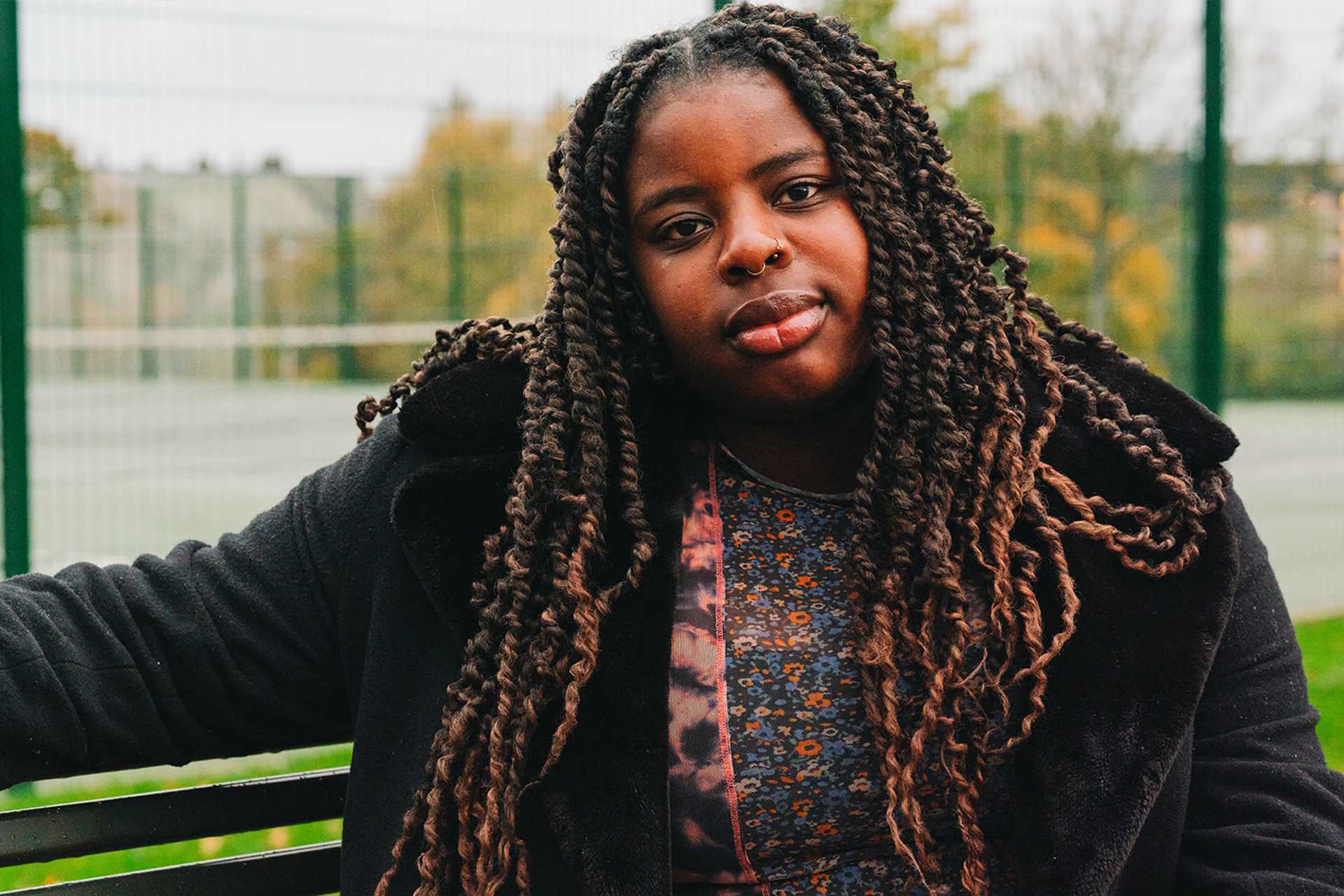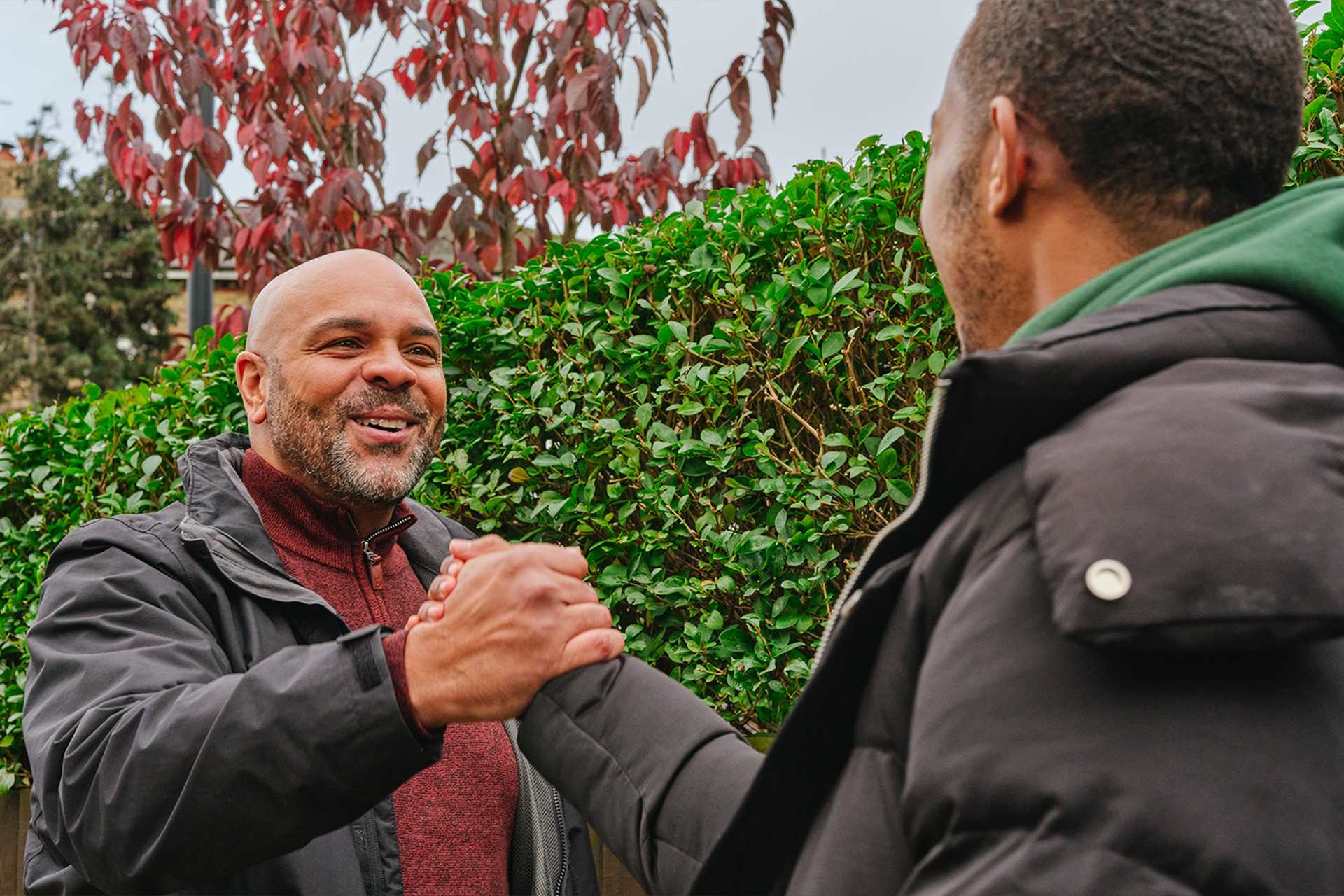What is bulimia?
Bulimia is an eating disorder that involves a cycle of ‘bingeing’ (overeating) and then ‘purging’ (getting rid of the food). It’s not the same as sometimes eating too much. And it’s not just about weight loss. Anyone can struggle with bulimia, no matter their gender, size, age, ethnicity, or background.
During a binge, you feel like you’re not in control and can’t stop, even if you want to. Bingeing is not enjoyable and can be really upsetting. You might not even remember what you ate afterwards.
After a binge, you might feel guilty and want to purge to cope with the difficult feelings. Purging can include making yourself sick, fasting (stopping eating), taking laxatives (drugs that make you poo) or diuretics (drugs that make you wee) or over-exercising. Although exercising can be good for you, doing too much can be harmful.
Purging might make you feel like you’re in control, but it can really hurt your body. If you’re using it to cope, it’s important to find healthier ways to deal with your feelings.
Although bulimia is a serious condition, with the right help you can manage the symptoms and get yourself into a healthier place.
Signs and symptoms of bulimia
If you’re struggling with bulimia, you might notice different symptoms affecting your body, emotions and behaviour. They can affect you over a short or long time. Having these symptoms doesn’t necessarily mean you have bulimia. If you notice any of the below symptoms, speak to your GP who can give you a full diagnosis and help.
- thinking a lot about food, working out or focusing on your weight
- binge-eating (over-eating)
- exercising too much
- pulling back from friends
- feeling overwhelmed or like things are spiralling
- not sleeping
- feeling off or struggling to control your mood
- not being interested in the things or people you care about
- your whole life revolving around eating and purging
- sore throat
- dehydration
- bad teeth (from vomiting)
- heart problems
- muscle spasms
- swollen glands
- your weight going up or down
- bloating
- change in periods
- constipation (not being able to poo)
- feeling weak and tired
- stomach cramps
Getting help and support for bulimia
If you're worried you have bulimia or are struggling with it, talking to someone is a great first step. Choose someone you trust like a friend, teacher, counsellor, or family member. Many schools, colleges, universities and workplaces offer counselling services for you to use.
Remember, bulimia can affect anyone and it’s not your fault. It isn’t simply about weight loss and may be hard to stop, but you can overcome it.
Speaking to your GP can feel scary but they can give you options on getting support. They aren’t experts in bulimia, so they can’t treat you, but they can help. If you are concerned, write down what you want to say, what you’re experiencing and any concerns you have. They are there to listen and help. They may ask to weigh you and it’s ok to ask not to know this information if it will make things harder for you.
They’ll refer you to a specialist eating disorder service, a psychiatrist or another expert who can help you. It’s okay to ask for a referral if they don’t offer one.
In England, if you’re over 18, you can refer yourself to community eating disorder services. Some services have long waiting lists so aren’t accepting self-referrals. Beat can help you find your nearest eating disorder support service.
Sharing your experiences can help you to feel less alone and get better. Kingfisher groups are a safe online space for those dealing with or think they’re dealing with bulimia. Moderated and run by Beat, these meet-ups are confidential and let you talk to others in similar situations.
They run every Wednesday from 6:45pm-7:45pm and you can go as much or little as you’d like.
If you’re in education, you can access support through your school, college or university counselling service. Speak to whoever’s in charge of student wellbeing so they can support you to get treatment.
Treating bulimia
Treatment will usually start with understanding your current physical health. You'll then be supported to learn what nutrition your body needs with a dietician. You might be offered therapy to work through your thoughts and feelings.
Treatments can include:
- counselling and therapy
- group and family therapy
- working with a dietician
- support from a mental health team
- medication
Whatever treatment you do, you’ll learn about what your body needs and get support to cope with feelings.
Supporting someone with bulimia
If your friend or family member is struggling with bulimia, help them to get professional help as soon as possible. Your support can also make a big difference in their recovery. This might mean listening to them, helping them with routines, or reassuring them thing will get better.
Here are some tips for how to support someone with bulimia:
-
Ask what you can do to help
Help can come in many different ways. Ask them what support they’d like from you. Maybe they want tips or maybe just some company. Try to not focus every interaction on their eating disorder. And do things that you both enjoy that’s not focused on food.
-
Avoid triggering conversations
It’s important to avoid discussing weight, body shape, food or diets. This can trigger difficult emotions for them. Try not to focus or comment on their appearance – how someone looks on the outside doesn’t always reflect how they feel inside.
-
Look after yourself
Supporting someone with bulimia can be tough and really impact your mental and physical health. It’s important to take care of yourself as well. Beat’s support for carers has advice on looking after your wellbeing while helping someone you care about. Prioritising your mental health is really important to help you be there for others.
Get help now
If you or someone you know is struggling with anorexia, these organisations and helplines can support you.
-
Beat
Offers information and support for anybody affected by eating disorders.
One-to-one web chat available. They also run a range of online support groups, which are all fully moderated and anonymous.
Enter your postcode in the HelpFinder to see what eating disorder support is available in your area.
View their information on helpline accessibility and confidentiality.
- Opening times:
- 365 days a year - weekdays (9am - 8pm); weekends (4pm - 8pm)
-
Youth Access
Provides information about local counselling and advice services for young people aged 11-25.
Put in your location and what you need help with into their 'Find help' search, and see what services are available in your area.
-
Childline
If you’re under 19 you can confidentially call, chat online or email about any problem big or small.
Sign up for a free Childline locker (real name or email address not needed) to use their free 1-2-1 counsellor chat and email support service.
Can provide a BSL interpreter if you are deaf or hearing-impaired.
Hosts online message boards where you can share your experiences, have fun and get support from other young people in similar situations.
- Opening times:
- 24/7

This page was reviewed in March 2024.
It was co-created with young people with experience of bulimia.
We will next review the page in 2027.
YoungMinds is a proud member of PIF TICK – the UK's quality mark for trusted health information.
Whether you love the page or think something is missing, we appreciate your feedback. It all helps us to support more young people with their mental health.
Please be aware that this form isn’t a mental health support service. If you are in crisis right now and want to talk to someone urgently, find out who to contact on our urgent help page.











